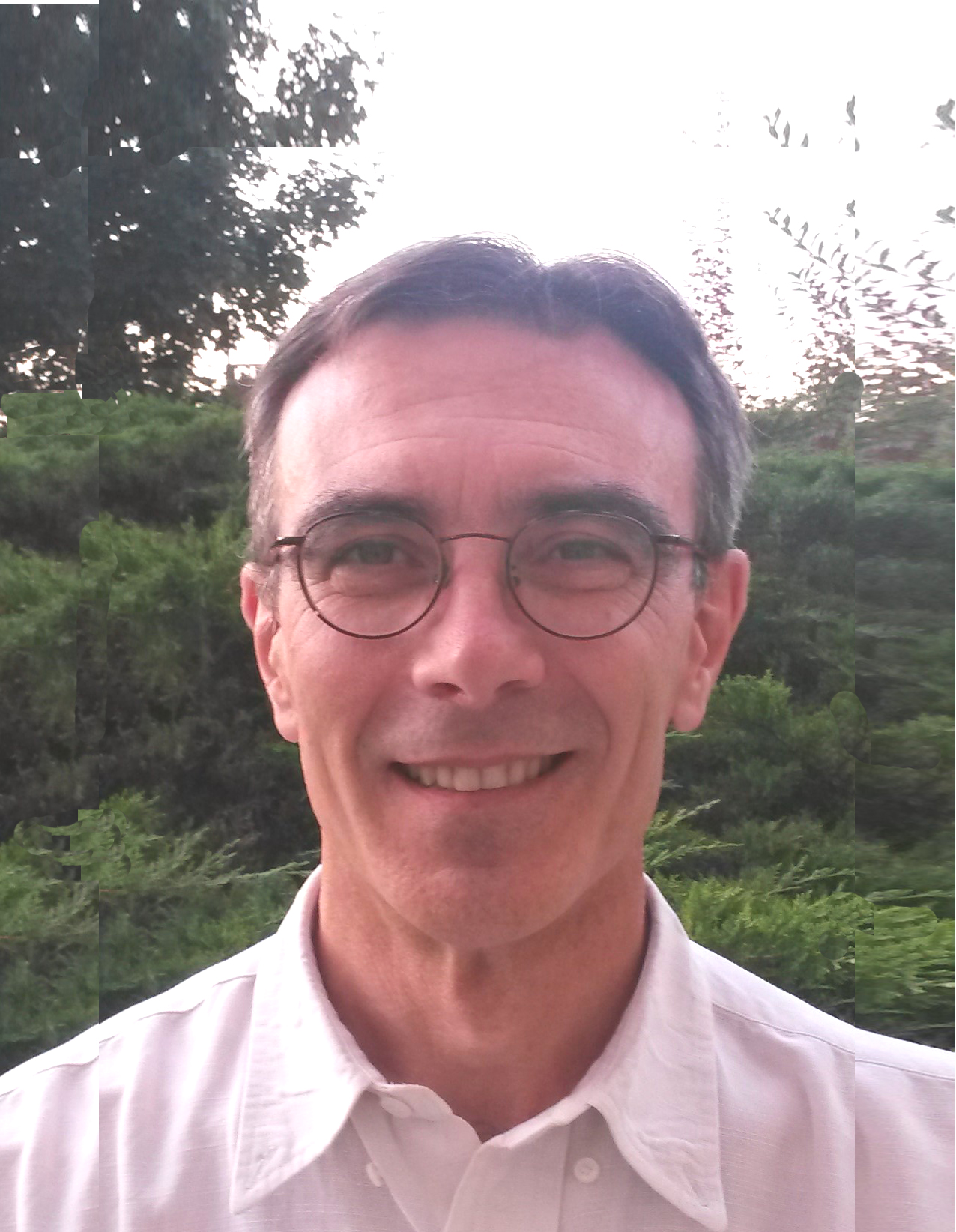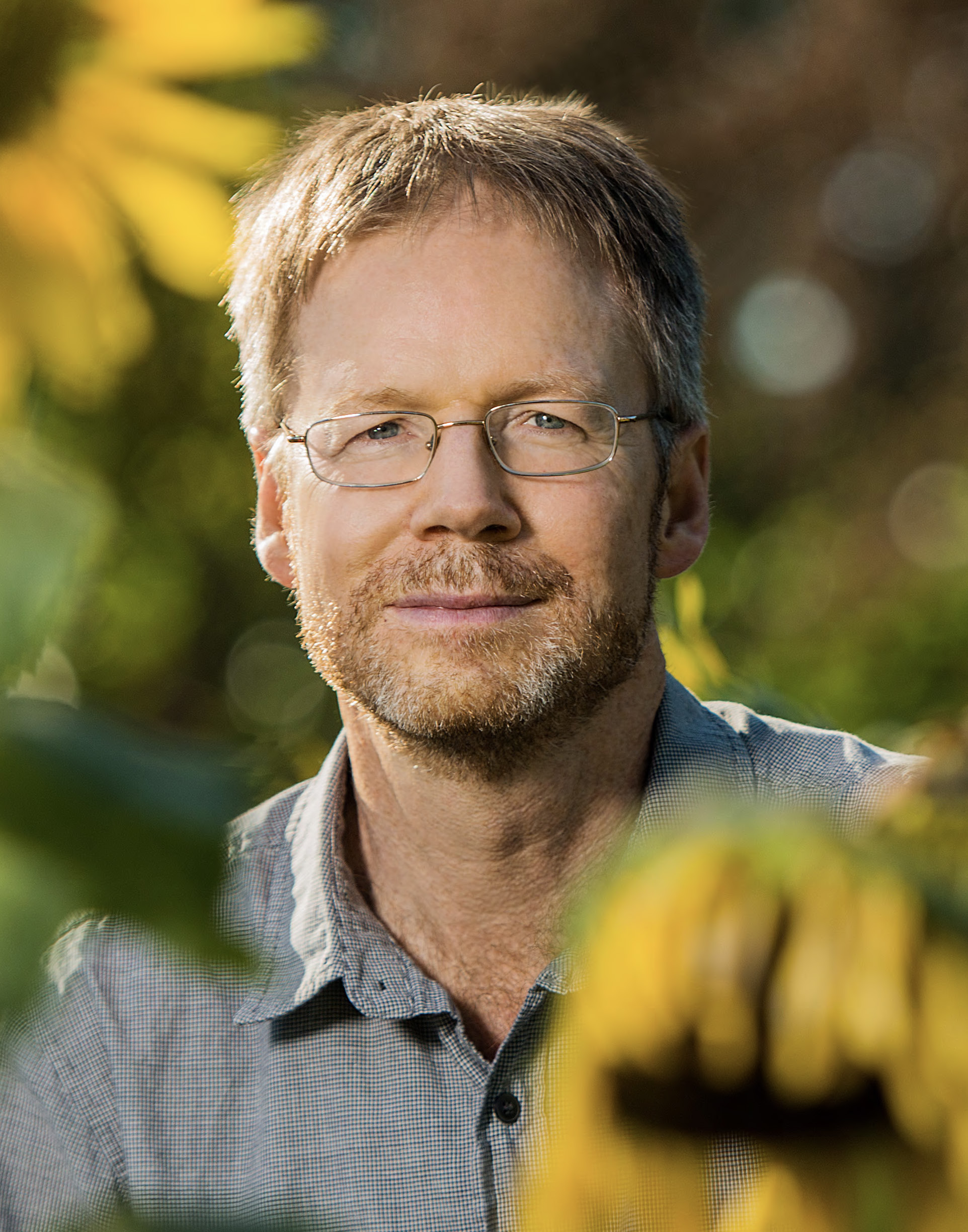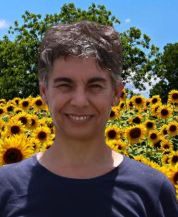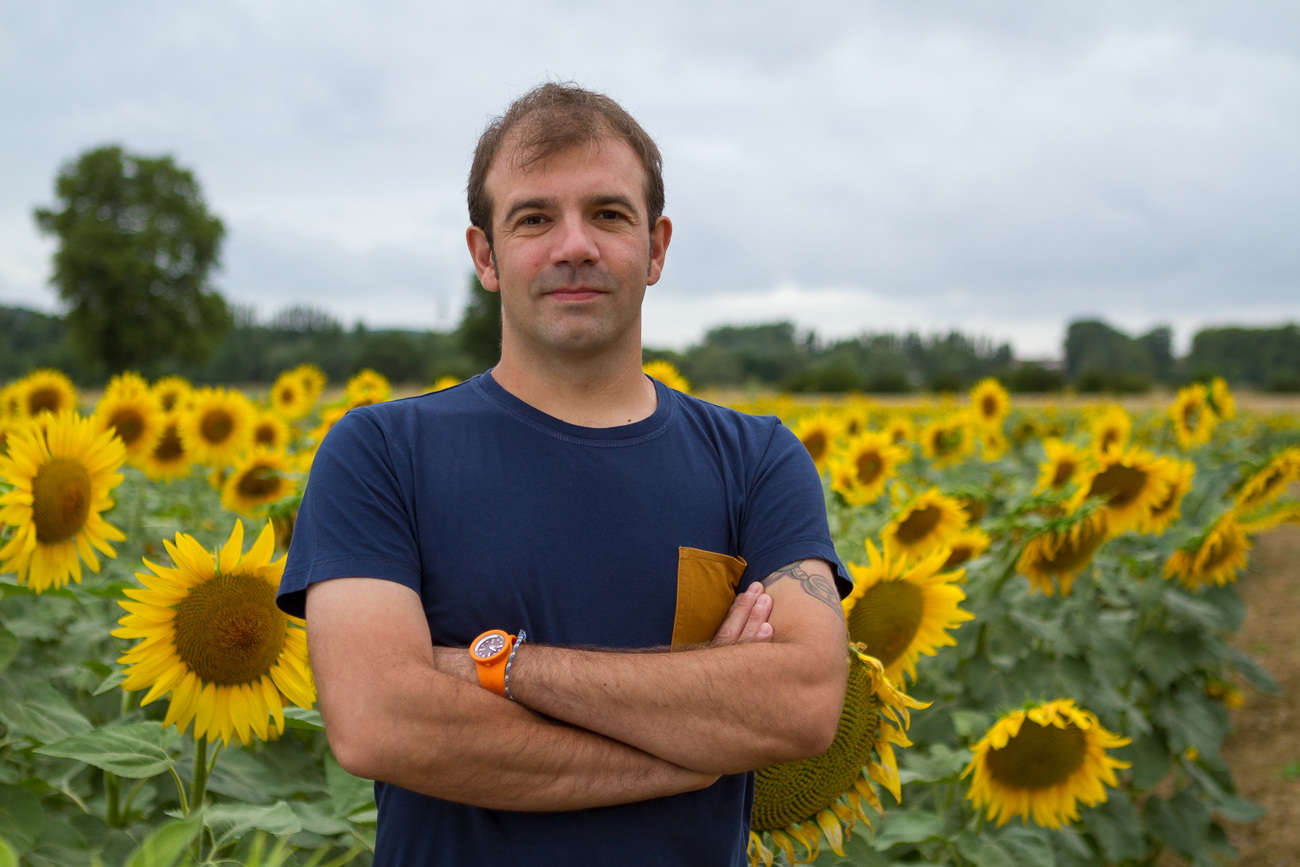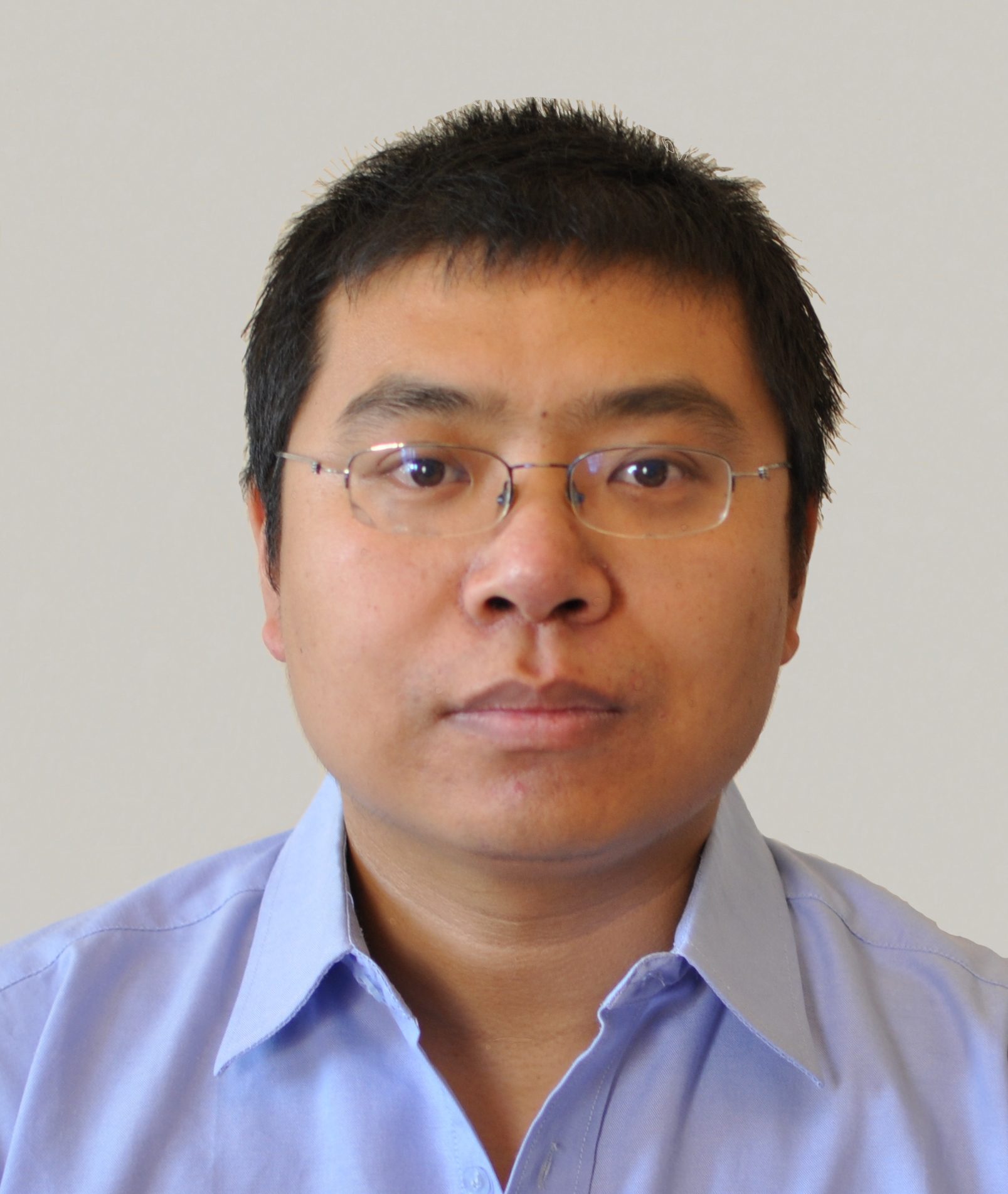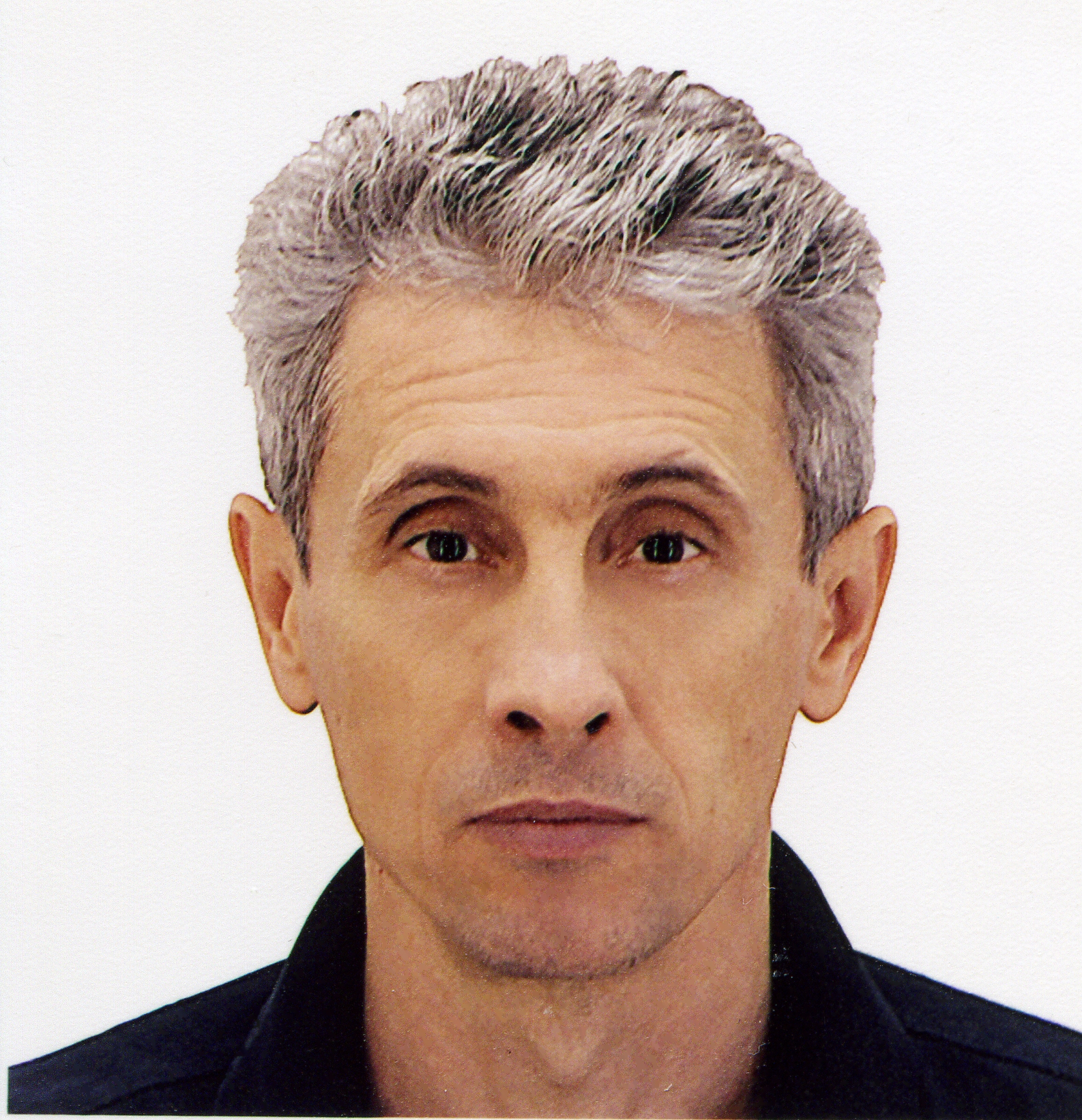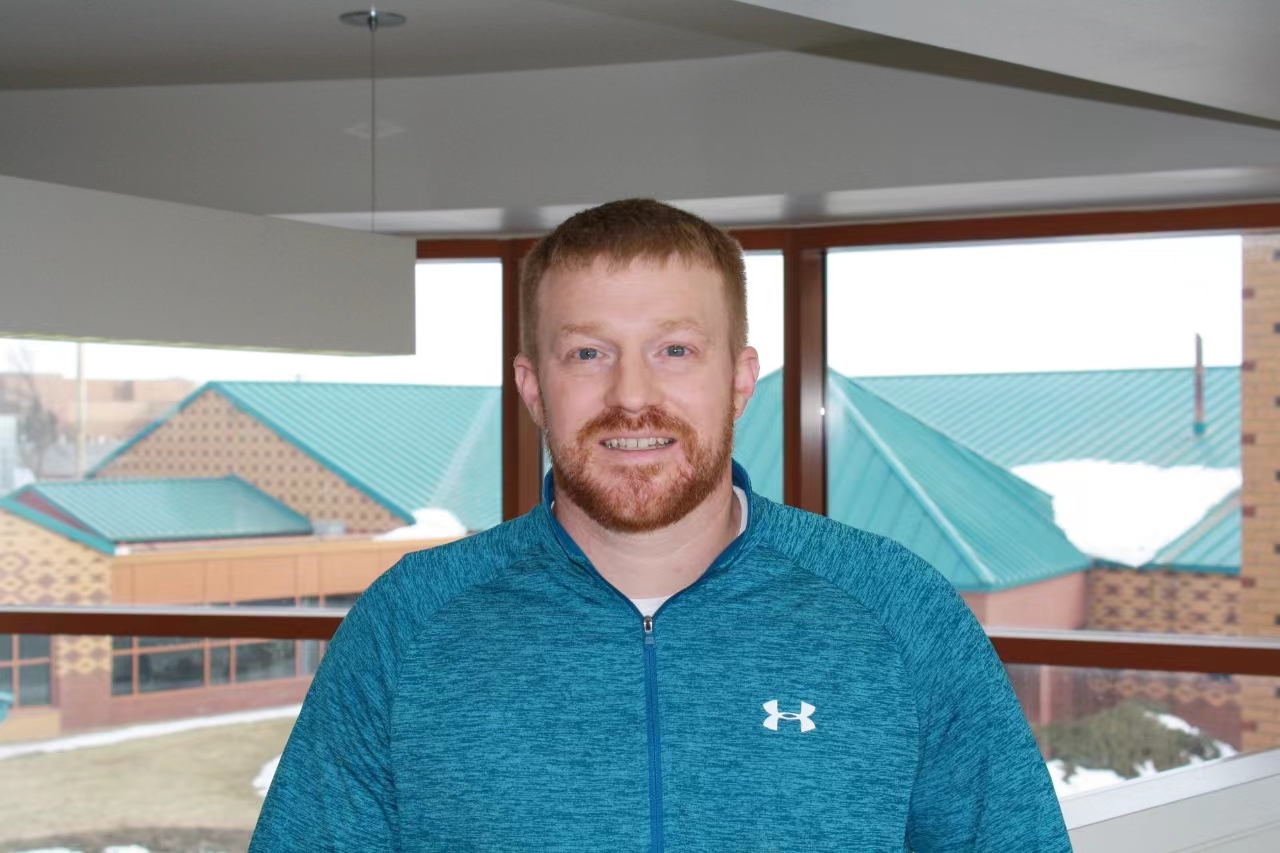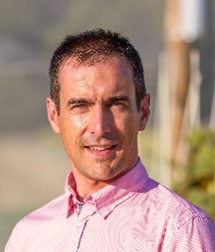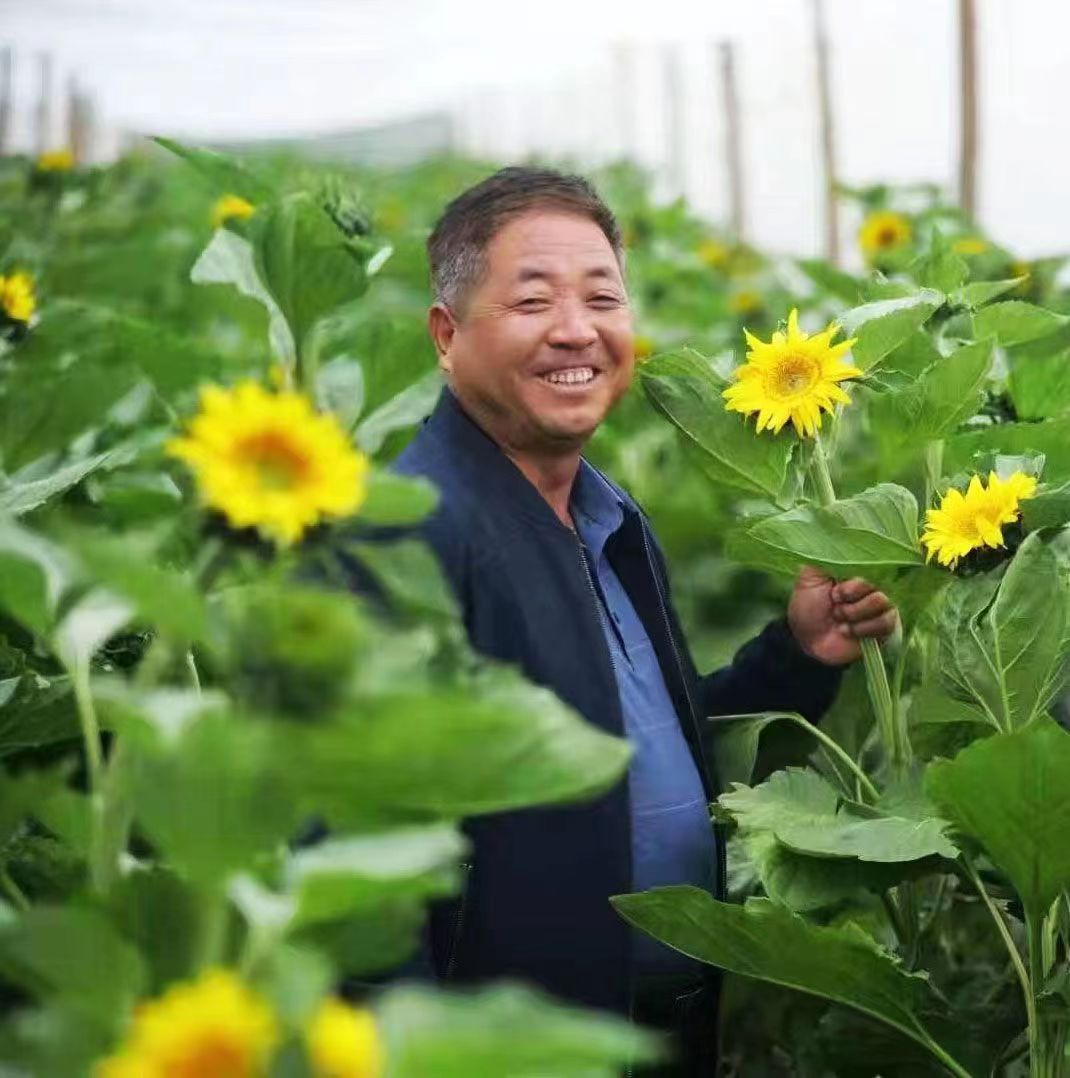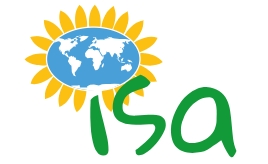Invited Keynote Speakers(in updating)
Dr. Etienne Pilorgé has been working in France and abroad for the development of the French vegetable oils and proteins sector at Terres Inovia, in different positions as agronomist, technical adviser, R&D studies and research manager, for more than 40 years. Adopting a systemic approach of situations and problem solving, he now devotes himself to analyzing the context of the vegetable oils and proteins sector, carrying out strategic foresight studies, developing international networks and partnerships and setting up collaborative projects. He acts as general secretary of two international research and innovation associations: the International Sunflower Association (ISA) and the Global Council for Innovation on Rapeseed-Canola (GCIRC).
Dr. Etienne Pilorgé
Dr. Loren Rieseberg is a University Killam Professor at the University of British Columbia, Vancouver. Professor Rieseberg was born and raised in western Canada, but moved to the USA for his graduate education, receiving a PhD in Botany from Washington State University in 1987. He worked in the USA until 2006, first at the Rancho Santa Ana Botanic Garden in Southern California (1987-1993) and then at Indiana University (1993-2006), before returning to Canada.
Rieseberg’s lab employs population genomic approaches and field and greenhouse experiments to study the origin and evolution of plant species, exploit the genetic diversity of wild extremophile species for crop improvement, and combat invasive weeds, focusing on wild and domesticated sunflowers, as well as and other members of the sunflower family.
Rieseberg is a Clarivate Analytics Highly Cited Researcher, and his work has been recognized by MacArthur and Guggenheim Fellowships and the Darwin-Wallace Medal in evolutionary biology. He is an elected fellow of the Royal Societies of London and Canada, the Norwegian Academy of Arts and Letters, and the U.S. National Academy of Sciences. He is Past-President of the American Genetics Association and the Botanical Society of America, and has served as Chief Editor of Molecular Ecology since 1999.
Dr. Loren Rieseberg
Dr. Norma Paniego is a genomics scientist at the National Institute of Agricultural Technology (INTA) and the National Council for Scientific and Technological Research (CONICET), Argentina. She received her PhD in Plant Biotechnology from the Universidad de Buenos Aires and spent a year as a postdoctoral researcher at Leiden University, where she studied the biosynthesis of bitter acid in hops, before accepting up a research position at INTA in 1997 to develop microsatellite markers for sunflower. As a scientist, she contributes to the establishment of a multidisciplinary sunflower breeding group. From 2006-2013, she coordinated institutional networks for the dissemination of genomics and bioinformatics in plant diversity and breeding projects. Since 2011, she has coordinated a national high-throughput sequencing platform to develop technologies for biological discoveries in plants and forest crops. For the past fifteen years, she has led a research group studying pathogenic fungi and their relationships to the plant and sunflower microbiome and identifying genomic regions associated with fungal defense.
Dr. Norma Paniego
Dr. Stéphane Muños works at INRAE in Toulouse (France) and leads the “Sunflower-Pest Interactions” research group. He obtained his PhD at Montpellier University (France) in 2002. During his PhD, he studied the regulation of nitrate and ammonium transporters by nitrogen starvation. He used “Serial Analysis of Gene Expression”, the first sequencing method for large-scale gene expression quantification. He hypothesized that AtNRT1.1 had a dual function, acting as a nitrate transporter and a signaling factor of nitrogen starvation.
He obtained a permanent position as a Research Engineer in 2003 at INRAE. He worked in the group of Dr. Mathilde Causse in Avignon on tomato fruit shape and quality. He used Genomics , quantitative and molecular Genetics approaches. He showed that two SNPs located near WUSCHEL controlled the number of tomato fruit locules, involved in the fasciated tomato fruit’s shape.
In 2011, he joined the group of Patrick Vincourt at INRAE in Toulouse and used Genomics and Genetics approaches to characterize major sunflower traits and genetic resources. When Patrick retired in 2015, he jointly leaded the “Sunflower Genetics and Genomics” group with Nicolas Langlade. In 2019, we split the group in 3 : Nicolas Langlade leading the “Abiotic Stress Tolerance in Sunflower” group, Marie-Claude Boniface the “French Sunflower Seed Bank” and Stéphane Muños the “Sunflower-Pest Interactions” group.
His group aims at understanding how genetic diversity in sunflower and in its major pests influences their interaction; and to decipher the molecular and cellular mechanisms of the interaction. They use Genomics, Genetics, Cellular and Molecular approaches. They are working on the diversity of Plasmopara halstedii races and on the resistance to downy mildew. However, the major projects of the “S.P.I” group focus on the resistance to Orobanche cumana (sunflower broomrape) and the diversity of the worldwide O. cumana populations. His group is collaborating with the main seed companies and international research institutes (IAS-CSIC in Spain and Nantes University in France being the historical and main collaborators). His group identified the first resistance gene to O. cumana encoding a LRR receptor-like kinase. He is coordinating the International Consortium on Sunflower Genomics.
Dr. Stéphane Muños
Dr. Tao Chen is a professor and director of academic research and Graduate Office at College of Life Sciences, Hangzhou Normal University. He holds a B.S. in Life Sciences from Beijing Normal University (2002) and a Ph.D. in Genetics from the University of the Chinese Academy of Sciences (2008). He conducted cell biology research at the Case Western Reserve University (Cleveland, OH, USA) for 2 years (2008-2010) and plant molecular genetics research at King Abdullah University of Science and Technology (KAUST) in Saudi Arabia from 2010 to 2015.
He worked at Biotechnology Research Institute, Chinese Academy of Agricultural Sciences from 2015-2019, as PI and doctoral supervisor. In 2019, he moved to Hangzhou Normal University as a professor and director of academic research and graduate office. He is supported by national projects such as the NSFC, Key R&D Plan, and Major Transgenic Projects.
The Chen Lab has been engaged in plant growth and development research. With sunflower and rice as research objects, The Chen Lab focus on identifying the dominant QTL genes that regulate plant stress tolerance, yield, and bioactive compounds synthesis, discovering their signaling pathways and genetic regulatory networks, and analyzing the molecular mechanisms that regulate stress affection on crop yield. The Chen Lab also explores the genetic potential of sunflower to provide theoretical basis and gene resources for high-yield and high-quality breeding.
Dr. Tao Chen
Dr. Yakov Demurin graduated in Biological Sciences at the Kuban State University, Krasnodar, Russia in 1982. This year he joined the Research Institute of Oil Crops (VNIIMK) as a sunflower geneticist. He received both of a PhD in 1988 and a Doctor of biological sciences degree in genetics and breeding of sunflower in 2000 from the Vavilov΄s Institute of Plant Industry (VIR), St. Petersburg. From 1990 up to now, he has being engaged as a head of the genetics laboratory of VNIIMK. He also serves as a professor at the Kuban State University. In 2008 he gained the academic rank of professor in genetics from Russian ministry of education and sciences.
For the first time in the plant kingdom, Dr. Demurin discovered and investigated two major genes controlling tocopherol composition in sunflower seeds. The recessive mutant alleles were incorporated in breeding lines and hybrids with increased oxidative stability of the oil. This achievement has initiated new directions of the research worldwide. He also worked out an original hypothesis of incomplete penetrance of a high oleic mutation caused by genetic suppressor. He took part in the international research programs on biochemical genetics of tocopherols, e.g. at IFVC, Novi Sad, Serbia and at ICRISAT, Patancheru, India. At present Dr. Demurin with his team of PhD students have developed firstly in Russia elite VNIIMK lines and hybrids with resistance to imidazolinones and sulfonylureas, high palmitic and stearic acid content in the seeds and low level of free fatty acids in the oil.
Dr. Demurin has authored 160 scientific papers (25 in English) and developed 32 patented breeding genotypes (inbred lines, hybrids, OP varieties). His most important applied contribution is the development genotypes with high oxidative stability due to the change of tocopherol composition targeted to specific food and non-food oil applications.
Dr. Yakov Demurin
Dr. Brent Hulke is a Research Geneticist of the Sunflower and Plant Biology Research Unit with the USDA Agricultural Research Service, in Fargo, North Dakota, USA. He received his Masters of Science from Iowa State University in Plant Breeding and a Ph.D. from University of Minnesota. He currently mentors students and postdocs as an Affiliate Professor at the Plant Sciences Department of North Dakota State University and as an Associate Adjunct Professor at the Ecology and Evolutionary Biology Department of University of Colorado – Boulder. His research focuses on breeding adapted inbred lines for North America. His inbred lines are used by industry to add diversity to their breeding programs. Using genomics, he finds loci that underlie important traits to develop a more informed breeding strategy.
Dr. Brent Hulke
Dr. Sandra Cvejić is a sunflower breeder at the Institute of Field and Vegetable Crops in Novi Sad, Serbia. She has held positions of increasing responsibility, being elected Scientific Associate in 2011, Senior Scientific Associate in 2016, and currently serving as Principal Research Fellow since 2021. She was head of the Sunflower Department from 2022 to 2023. Her primary research focus lies in sunflower breeding, with a special emphasis on developing high-yielding hybrids resilient to both abiotic stresses like drought and biotic stresses such as pathogens, parasitic weeds, and insects. She is dedicated to integrating new techniques into sunflower breeding and discovering traits for use in breeding programs. Sandra earned her PhD in Biotechnical Sciences from the Faculty of Agriculture in the University of Belgrade in 2010. She has over 430 scientific results, including developed and registered sunflower lines and hybrids. Currently, she leads a national project, the "Creating Climate Smart Sunflower for Future Challenges - SmartSun" project funded by the National Fund of Science of Serbia. Additionally, she contributes to several Horizon projects, bilateral initiatives, and COST actions. These endeavours reflect her dedication to advancing sunflower genetics and breeding while fostering global cooperation in agricultural research.
Dr. Sandra Cvejić
NICOLAS B. LANGLADE,Scientific Director of the Sunflower Genetic Resource Centre of INRAE (National Research Institute for Agriculture, Food and Environment), Division of Plant Biology and Breeding. He received his Ph.D. at University of Neuchatel (Switzerland) in 2002 majoring in Plant Physiology, and spent 6 years as a postdoctoral researcher in the John Innes Centre, Cell & Development Biology Department (United-Kingdom), and 1 year in the ENS Lyon, Laboratory of Plant Development and Reproduction (France). As a scientist, he has been dedicated to improve sunflower yield stability in a changing environment by genomics and genetics, and develop the High-Throughput Phenotyping platform Heliaphen, and the Sunflower Genomics Webportal Heliagene. Dr. Langlade has coordinated several projects such as INRA BAP projects and consortium: French participation to the Sunflower Genome sequencing project and consortium; Investment for the Future project SUNRISE, Sunflower resources to improve yield stability in a changing environment; and HORIZON RIA HELEX project, use of extremophile Helianthus species to mitigate climate change impact on feedstock and ecosystem services provided by sunflower, etc.
Nicolas B. Langlade
Lianshe Li, Senior Breeder, Director of Institute of Sunflower Technology, Sanrui Agritec Co., LTD. Mr. Li graduated from Northwest Agricultural & Forestry University in 1989. Since then, he has devoted himself to confection sunflower breeding more than 20 years. He has developed more than 30 high-quality sunflower hybrids with nearly 40 % whole market share in China. The represented varieties, such as SH363, SH361, Sanrui 9, Sanrui 10, Sanrui 11, has become a benchmark for confection sunflower breeding in China and worldwide. By introducing and utilizing abundant germplasm resources, he is leading the team to continually enhance the confection sunflower improvement through the conventional breeding and molecular breeding technologies.
Lianshe Li
0478-5586607
isc2024@esanrui.com
Sanrui Agritec Co., LTD., Wuyuan, Bayannur, Inner Mongolia, China
+86-13394865409
Get in Touch
Co-organizers
Organizers

